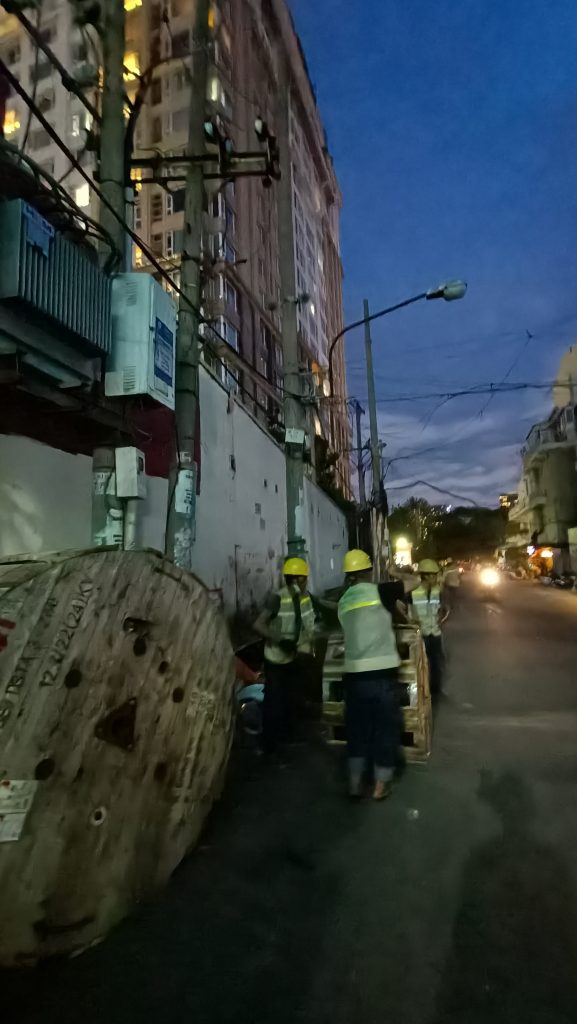News
Conditions for Foreign Investors to Contribute Capital in Vietnam According to the Investment Law 2020
The conditions for foreign investors to contribute capital in Vietnam are clearly stipulated in the Investment Law 2020 and relevant legal documents, including regulations on form, ownership ratio, business sectors, as well as registration procedures.
Forms of Capital Contribution for Foreign Investors
Foreign investors can contribute capital to Vietnamese enterprises through the following forms according to Article 25, Clause 1 of the Investment Law 2020: Share Purchase, acquisition of contributed capital in limited liability companies, and establishment of companies with foreign investment. These forms must comply with the legal regulations on investment and enterprises.
Below are the main forms of capital contribution that foreign investors can participate in in Vietnam, in accordance with the legal regulations on investment.
Share Purchase
- Purchase of initially issued shares or additional issued shares: This is the most popular and potentially lucrative form of investment. By purchasing shares, foreign investors can become shareholders in joint-stock companies in Vietnam, thus gaining deeper involvement in business operations and management.
Contribution to Limited Liability Companies and Partnerships
- Contribution to limited liability companies and partnerships: Investors can choose this form to become members in enterprises with independent management and operation structures, ensuring flexibility and safety.
Contribution to Other Economic Organizations
- Contribution to other economic organizations: Besides the mentioned forms, investors can engage in capital contribution activities in other types of economic organizations to expand investment in various sectors in Vietnam.
Forms of Charter Capital Contribution
- Charter capital contribution: Investors can contribute capital using various types of assets such as Vietnamese Dong, freely convertible foreign currencies, gold, land use rights, intellectual property rights. These important property rights help foreign-invested companies enhance value and financial stability.
Capital Contribution Registration Procedures
Foreign investors must comply with certain legal procedures. For groups not subject to special regulations, changes in members or shareholders in economic organizations must be registered with the relevant competent authorities. In special cases, as stipulated in Article 26, Clause 2 of the Investment Law, registration dossiers must be submitted to the investment registration office where the enterprise’s head office is located.
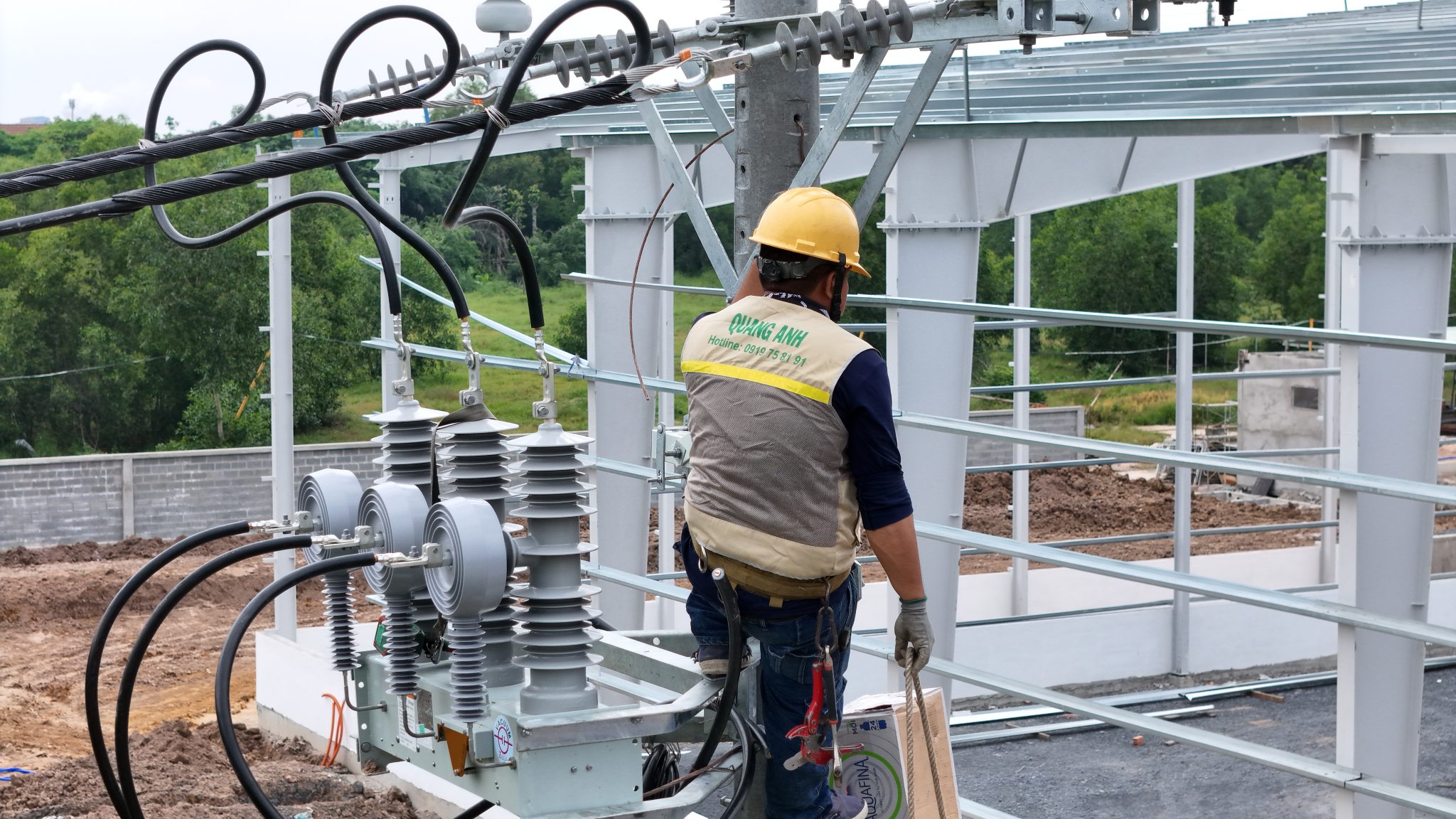
Market Access Conditions
Foreign investors are only allowed to contribute capital to sectors and fields that Vietnamese law permits or does not restrict market access, as stated in Article 9 of the Investment Law 2020. Some particular sectors have stricter conditions.
Market access conditions are a crucial aspect that foreign investors need to master when wanting to enter the Vietnamese market. These conditions encompass from ownership ratio of foreign capital to forms of foreign investment. Foreign Investment Regulations in Vietnam aim to control and regulate investors’ participation in sectors with restricted investment or significant importance to economic security.
- Ownership ratio of foreign capital: Depending on each specific sector, there are different limits on the rate of capital that foreign investors can own. Some industries allow up to 100% ownership, while others may have stricter limits.
- Forms of foreign investment: The Investment Law of Vietnam clearly defines the permitted and restricted forms of foreign investment. This helps protect sensitive industries and limit investment forms that might negatively impact the economy.
- Scope of investment activities: The scope within which investors can operate is also regulated to ensure consistency and sustainability for projects.
- Investor and partner capabilities: Assessing financial capacity and experience is mandatory to ensure that the investor can implement the project effectively without causing harm to the economy.
- Use of land, labor, natural resources: Foreign investors must comply with regulations on the use of these resources to protect the environment and promote sustainable development.
- Production, provision of public services: Investment in public service fields or those significant to national interest is strictly controlled and only allowed under very special conditions.
- Ownership and real estate business: These regulations can significantly impact the ability to own land and develop real estate projects.
- Support and subsidy policies: Investors may receive support from the state under certain conditions to encourage investment in economically disadvantaged areas.
- Participation in state-owned enterprise equitization: This is a segment with specific requirements that foreign investors must meet in order to participate.
The legal framework about market access conditions is reflected through documents ranging from law, decrees to international treaties such as WTO, EVFTA, CPTPP that Vietnam has joined. This helps synchronize domestic regulations with international commitments, creating a convenient and safe business environment.
For example, the general education sector is considered to have market access conditions for foreign investors, requiring a minimum investment level along with other requirements to ensure sustainability and quality of education.
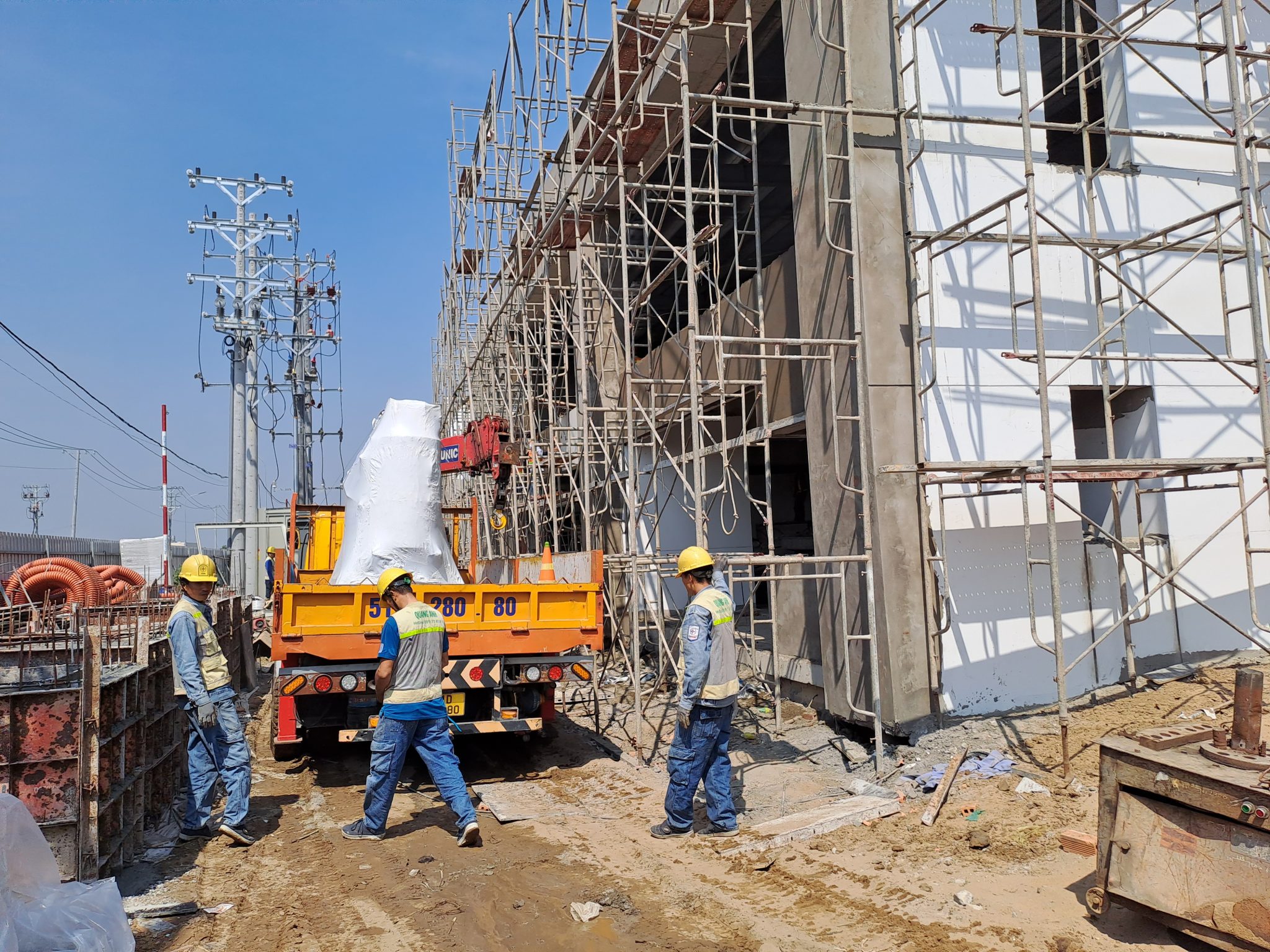
Ownership Ownership Ratio Limits
The ownership ratio of foreign investors in Vietnamese enterprises may be limited according to sectors and current legal regulations. This ensures compliance with permissible legal limits.
In Vietnam, managing the ownership ratio of foreign investors is one of the critical factors to protect national interests and sustainably develop the economy. To achieve this, legal regulations have defined maximum ownership ratio limits in various industries, including the following specific fields:
- Entertainment Services Industry: Foreign investors can own up to 49% of the capital in companies in the entertainment services industry, according to WTO commitments.
- Public Companies: In public companies, the ownership ratio for foreign investors is often limited to 50%, as stipulated in Article 139, Clause 1 of Decree 155/2020/ND-CP.
- Credit Sector: For credit institutions, a foreign organization cannot own more than 15% of charter capital, unless otherwise stipulated.
- Non-Restricted Industries: If the industry is not on the list of restricted market access, foreign investors can hold up to 100% of capital if there are no other binding regulations.
- Conditional Industries List: In conditional industries, investors need to comply with their own standards and legal or relevant international treaty regulations.
- Passenger Road Transport Industry: Currently, specific information about ownership ratio limits in this field has not been detailedly provided from official public sources.
The legal regulations regarding ownership ratio as such not only help protect national interests but also create a transparent and sustainable investment environment. Foreign investors need to thoroughly consider these limits before choosing industries and building long-term investment strategies.
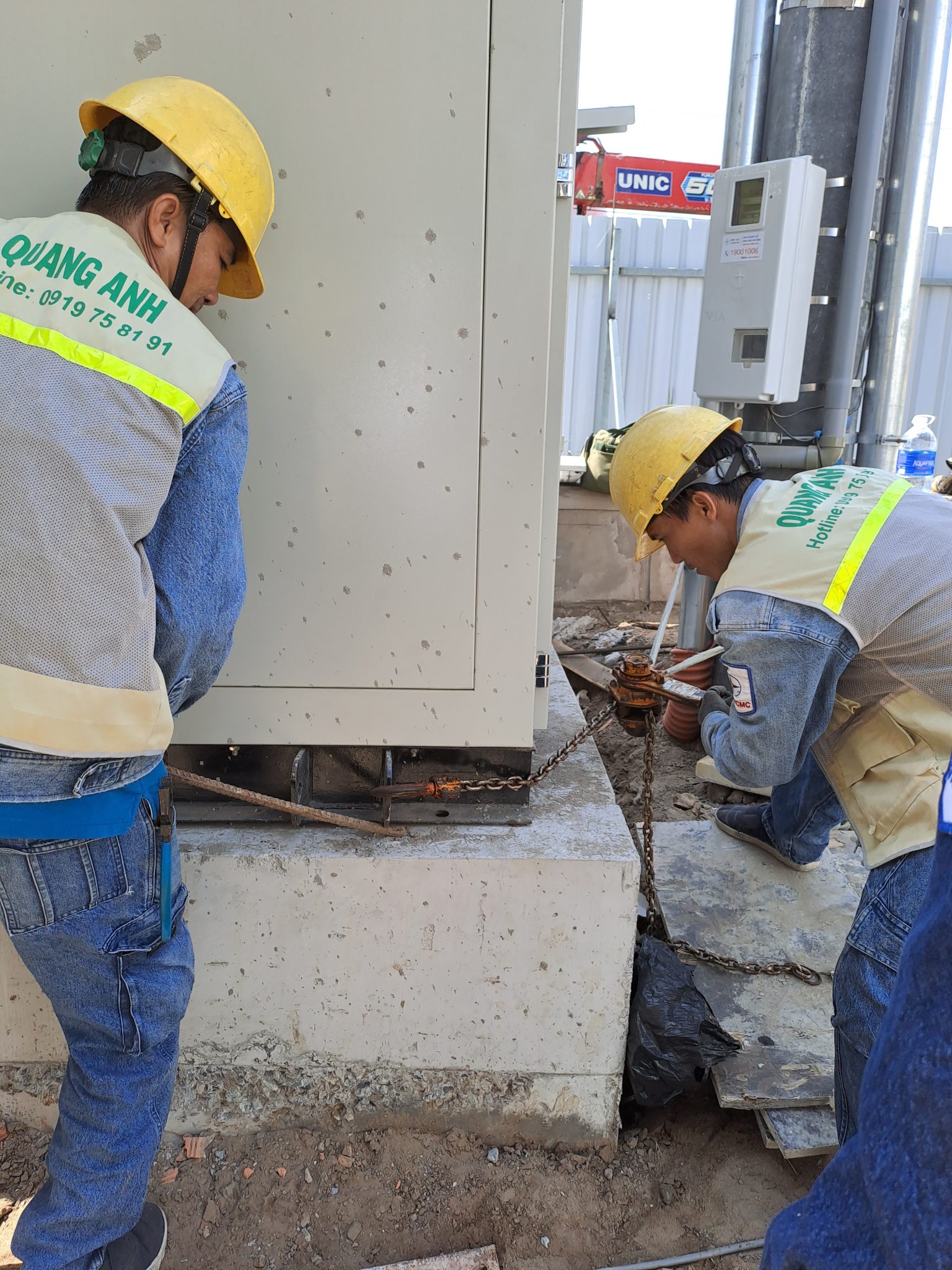
Land and Security Regulations
Foreign investors must comply with Vietnamese legal conditions on land if the capital contribution involves land use rights or projects in special areas such as islands, border regions, coastal areas, etc.
The current laws in Vietnam have clear regulations on the management and use of land for national defense and security purposes, providing a solid legal foundation for activities in this field.
Land Law 2024Land Law No. 31/2024/QH15, effective from August 1, 2024, is an important step forward, entirely replacing Land Law 2013. The law includes 16 chapters, 260 articles, in which national defense and security land is classified as land used stably and indefinitely, without limiting the usage term. This creates a strong framework, especially in cases of land recovery for national defense and security purposes, helping serve national construction, protection and public order effectively.
Decree 102/2024/ND-CPIssued on July 30, 2024, Decree 102/2024/ND-CP details the implementation of some provisions of the Land Law 2024. This decree specifies conditions, processes, and procedures for land use to ensure compliance with the law and optimize the efficiency of using land for national defense and security.
Decree 09/CP on the management and use of national defense and security landFor people’s armed forces units to which the government allocates national defense and security land, compliance with land registration regulations is mandatory. According to Article 33 of the Land Law, using national defense land must ensure confidentiality and have clear boundaries on cadastral maps, suitable to local contexts.
Annually, the reporting and statistical processes on land use are mandatory for these units, to ensure transparent management and adaptability to changes. This report is submitted to competent agencies such as the Ministry of National Defense, Ministry of Interior, and the General Department of Land Management.
Land use for national defense and security purposes must also adhere to plans approved by the government, ensuring congruence with general defense and security requirements.
These land and security regulations clearly reflect the strict management of Vietnamese law, aiming to protect the homeland and ensure public order, transparency, and safety, thereby maintaining an efficient land management system.
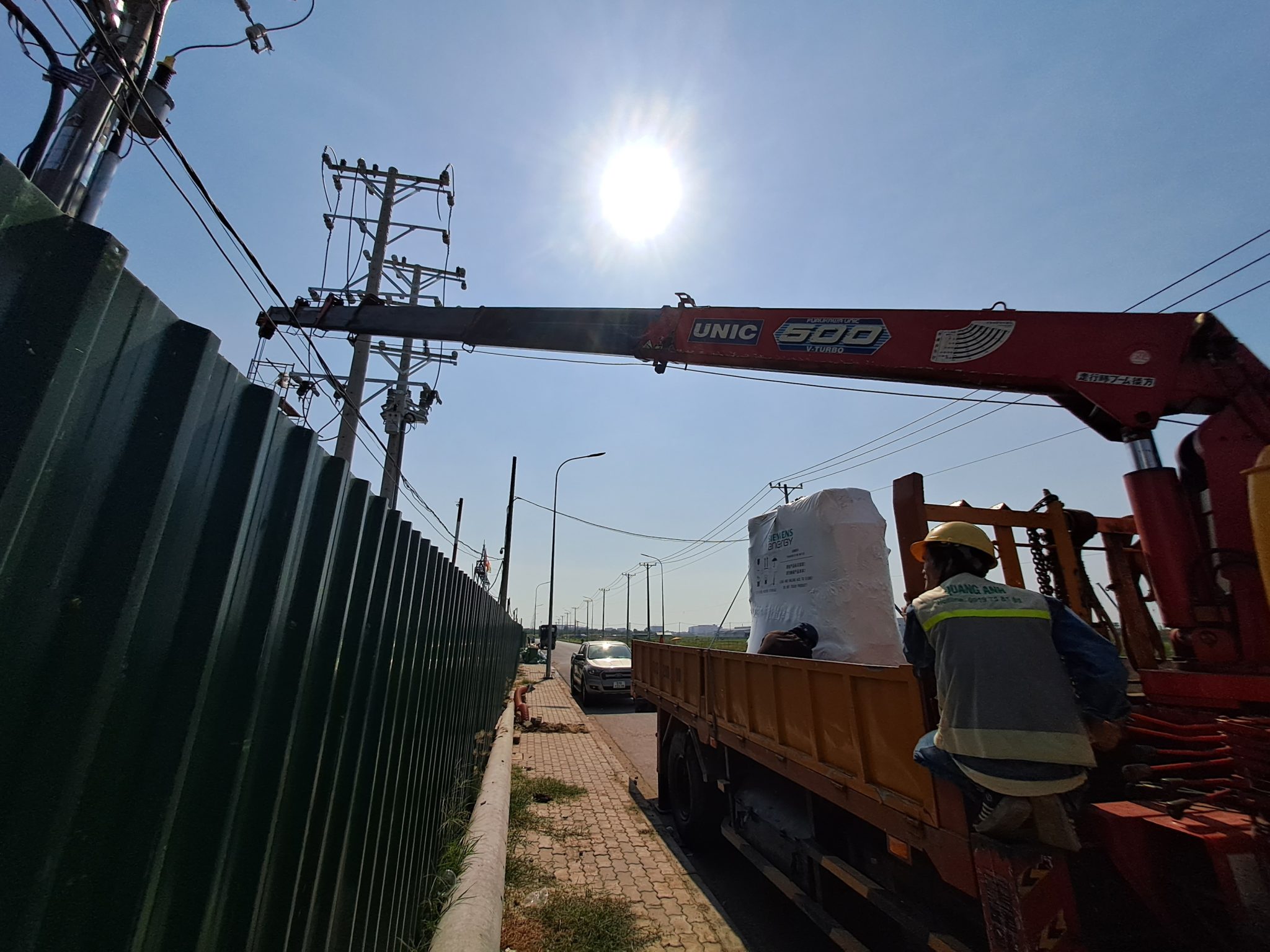
Capital Contribution Registration Procedures
Foreign investors must register their capital contribution with the investment registration office if the contribution leads to an increase in foreign ownership ratio in enterprises in conditional business fields or when the law requires an Investment Registration Certificate.
Registering capital contribution is an important process for foreign investors when they want to participate in an economic organization in Vietnam. To further understand this procedure, below is a detailed guide for each step required.
Step 1: Prepare Documentation
To proceed with capital contribution registration, investors need to prepare a thorough set of documents with the following items:
- Application for registration of capital contribution, purchase of shares, or purchase of contributed capital: According to form A.I.7 of Circular 25/2023/TT-BKHDT.
- Enterprise registration information: Including detailed information about the economic organization.
- Business sectors: There needs to be clarity about the active business fields.
- List of owners, members, or founding shareholders: Especially important with the presence of any foreign shareholder.
Step 2: Submit Documentation
After preparing the documentation, the next step is to submit the documents to the competent authorities:
- Place of submission: Investment Department – Department of Planning and Investment at the local area where the economic organization is located.
- Case in which registration is required: When the contribution increases foreign ownership ratio above the threshold of 50% or higher in conditional fields. Participating in an economic organization in border areas or affecting national security and defense also requires special attention.
Step 3: Processing and Approval
- Processing time: Authorities may review and approve within the prescribed time frame, depending on the specific cases.
- Outcome: Once the documentation is accepted, the foreign investor can complete the capital contribution.
Important Notes
- Contributed assets: These may include both fixed assets and must fully undergo procedures such as signing capital contribution contracts, asset transfer, and registration of ownership rights.
- Legal regulations: Must comply with the Vietnam Investment Law 2020 and relevant documents to ensure the investment process goes smoothly and safely.
By understanding each step and complying with legal regulations, the capital contribution registration process can be effectively implemented, creating a solid foundation for foreign investment activities.
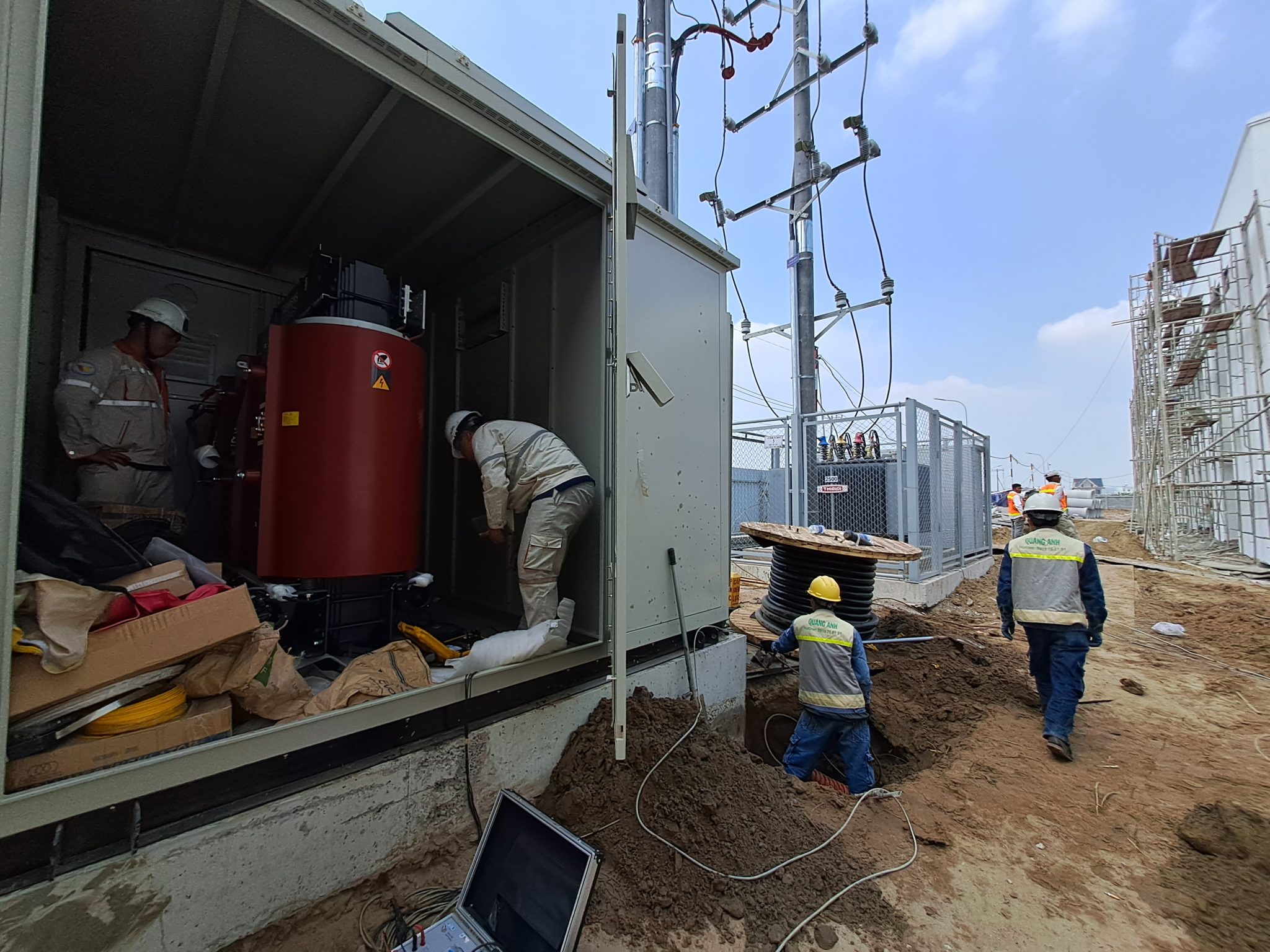
A firm grasp of legal conditions and procedures for capital contribution allows foreign investors to effectively exploit investment opportunities, ensuring compliance with national defense, security, and land regulations, thereby laying a strong foundation for long-term development in Vietnam.
For more details on the conditions for foreign investors’ capital contribution and support in the investment registration process, please contact QuangAnhcons via Hotline: +84 9 1975 8191.
QuangAnhcons provides comprehensive legal advisory services for foreign investors’ projects in Vietnam, ensuring all procedures are carried out in accordance with current legal regulations.

 Tiếng Việt
Tiếng Việt 简体中文
简体中文 Deutsch
Deutsch 日本語
日本語 한국어
한국어 ไทย
ไทย Русский
Русский Français
Français
